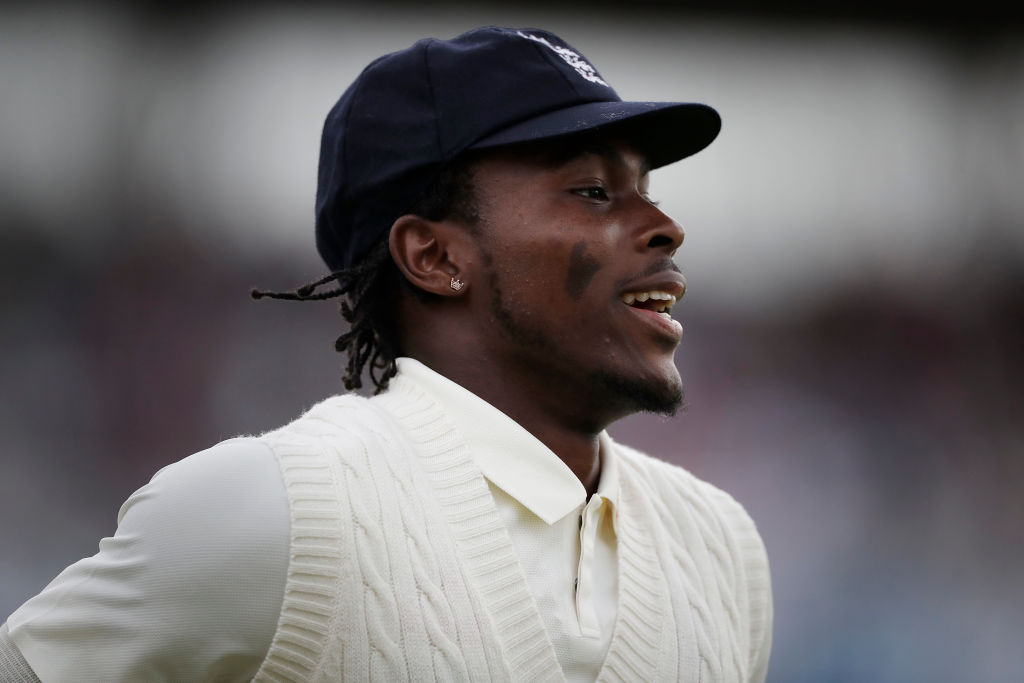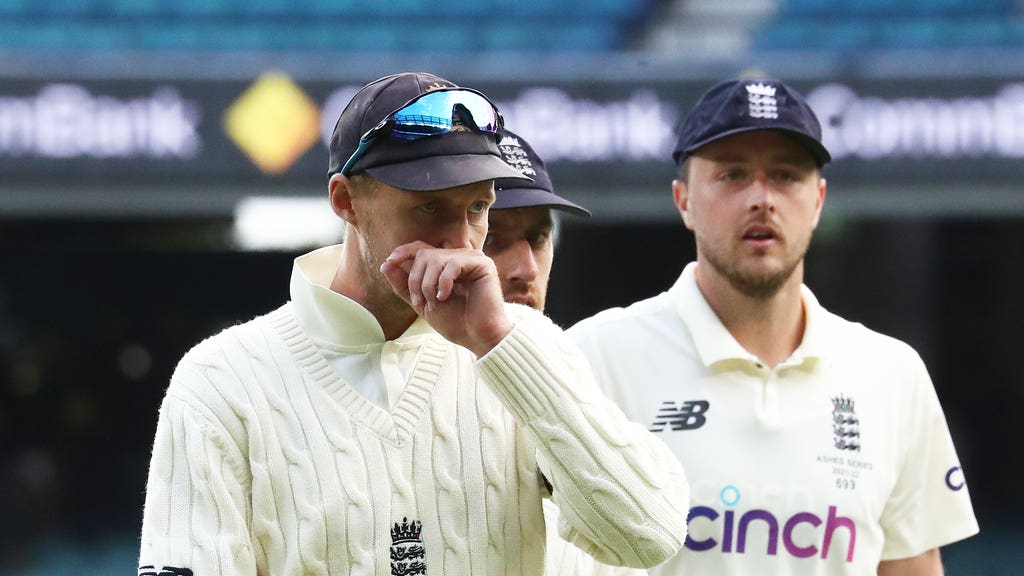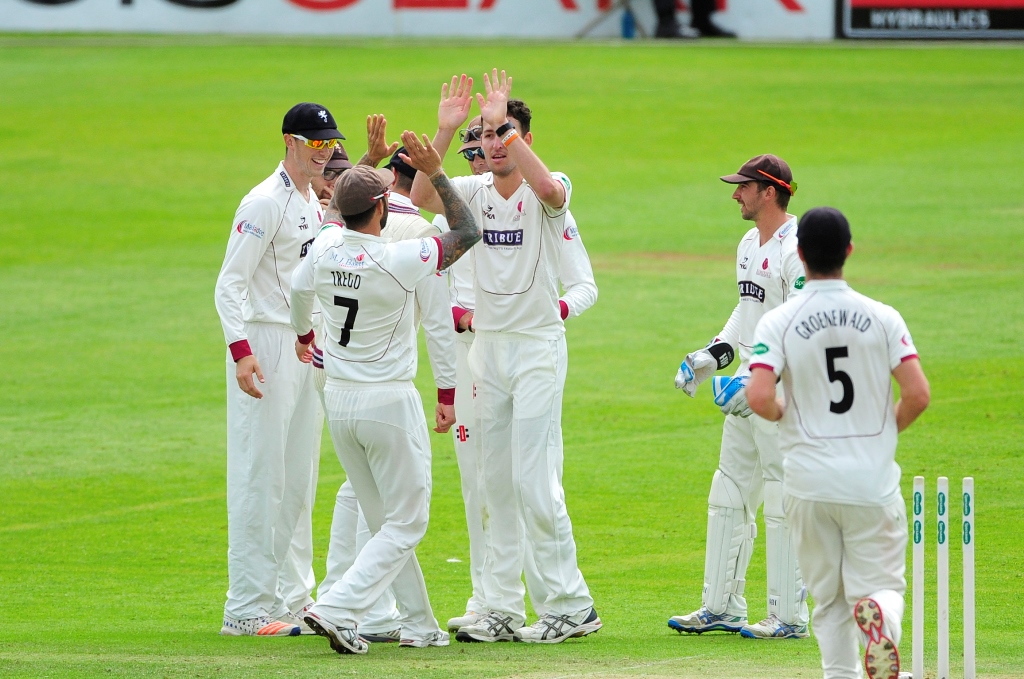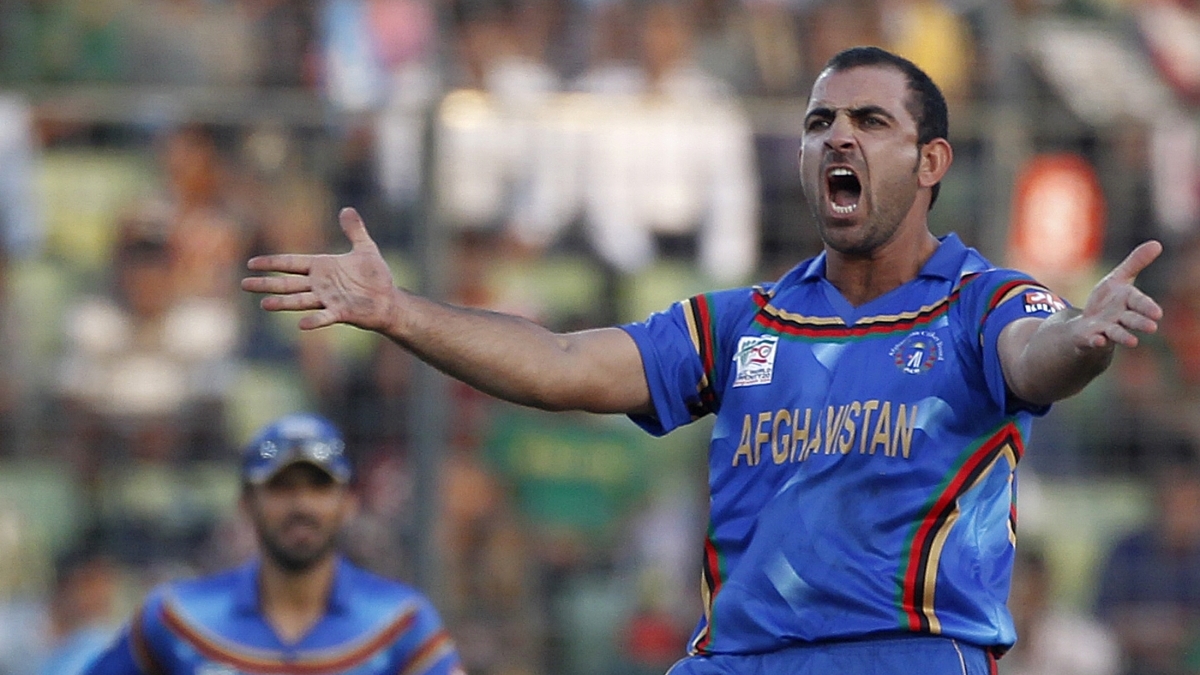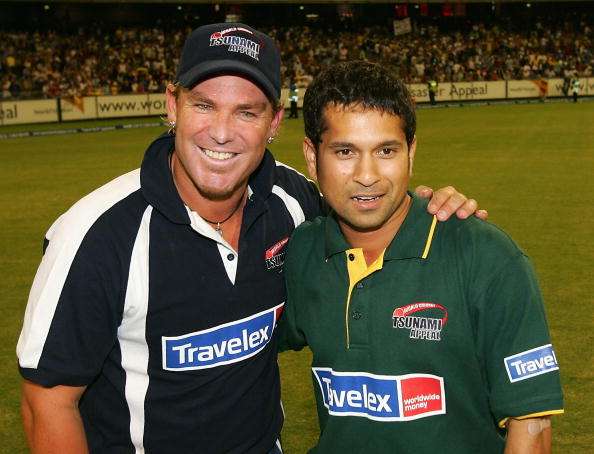
Alison Mitchell locates a desire for the game to widen horizons
Cricketing greats Shane Warne and Sachin Tendulkar have thrown their weight behind a move for cricket to be included in the 2024 Olympic Games.
The pair were speaking to the BBC cricket show Stumped and Tendulkar was brimming with enthusiasm about the idea of cricket being an Olympic sport as a means of growing the game globally.
“I think it’s a great idea,” he said. “I reckon the t20 format is the most popular format and the most acceptable format for people who don’t have any knowledge about cricket.
“If there are a number of teams participating you cannot possibly have ODIs or Test matches. The t20 format seems to be the one.”
Tendulkar has joined forces with Warne to create a t20 All Stars series which they are taking to three venues in the United States in November. As Warne’s Warriors take on Tendulkar’s Blasters – teams full of retired names – Warne is hopeful that it, too, might have an impact in widening the game’s appeal.
“I’d love to see cricket as an Olympic sport and I think t20 would be a great format,” he added.
“Hopefully this All Stars we are doing in America will help grow the game there. Who knows, down the track we might be able to inspire some young Americans to take up a cricket bat rather than a baseball bat. That’s an exciting thought.”
The ICC chief executive Dave Richardson and director Giles Clarke are meeting the IOC next month, when, according to Richardson, they will be “exploring the possibilities” of cricket as an Olympic sport. When he was ECB chairman, Clarke was famously opposed to the idea, but his successor Colin Graves is broadly in favour. Clarke will attend an ECB board meeting prior to his meeting with the IOC in order to be fully informed of the board’s current viewpoint.
For cricket to feature at the Games for the first time since 1900 (Great Britain won by beating France, but they were the only nations competing after Belgium and the Netherlands pulled out), the ICC would first have to bid for its inclusion before the IOC executive board would have to vote. In 2009 the IOC voted for golf and rugby sevens to be included in the 2016 Games. Softball, baseball, squash, karate and roller-sports all missed out.
So what would cricket look like if it was at the Olympics?
Take next year’s Games, which take place in Rio de Janeiro in August. For a potential Great Britain cricket team made up of your Eoin Morgans, Jos Buttlers and Joe Roots, this is where the first problem lies. August. The Olympics takes place bang in the middle of the England cricket season. Next summer for example, while the Olympics are on, England will be playing two Test matches against Pakistan, before Pakistan play two ODIs against Ireland. That’s without the travel and acclimatisation time before and after the event, which would eat into more of the international season.
It is hard to imagine an England summer devoid of international cricket in August. One possibility would be for Test matches only to be scheduled in that time, in the hope that not too many players would be away at an Olympic t20. The reality, though, is that the best international players play all formats equally well and the Test teams would be depleted during that period.
The issue would only be relevant for England, though, and whoever happens to be touring that summer. A small price to play for widening the game to a truly global audience? The international women’s calendar is not as crammed and would have much more scope for working the Games into the schedule. An Olympic qualifying system would also have to be devised.
There are other challenges, such as procuring turf cricket pitches in host countries where cricket facilities are minimal – but this should not be insurmountable, given the possibilities of drop-in wickets. Rio de Janeiro is hardly a hotbed of golf, and whilst economic and environmental concerns have dogged the building of the course for the Rio Olympics on Copacabana Beach, it has happened.
The competition will take the form of an individual strokeplay tournament shoe-horned into the golfing calendar, but the big names will all be there. Well, four from each country at least. Provided they are in the top 15 in the world.
Alternative formats the ICC might explore include indoor cricket or beach cricket. The sports might not include the household names of the game, but rugby sevens won a place at Rio, despite the world’s top rugby players not playing the format. However, the World Cup Sevens is itself an established event, with substantial commercial programmes and international broadcasting and ticketing revenues.
The same cannot be said for the Indoor Cricket World Cup, last held in Wellington, New Zealand, in 2014. The seven countries that took part were Australia, New Zealand, South Africa, Wales, England, India and – refreshingly – Singapore. Australia (surprise, surprise) have dominated both men’s and women’s World Cups since the tournament was conceived by the World Indoor Cricket Federation in 1995.
If traditional cricket is to be preferred in a t20 format, an attractive proposition could be an U19 Olympic t20 – at least for the men. The U19 pathway is already established within the international game and would provide an exciting glimpse of the stars of tomorrow, as well as potentially providing a greater opportunity for other countries to qualify teams.
Cricket could follow the pattern of football, where men’s teams at the Olympics are U23 but there is no age restriction to the ever-developing women’s game.
And what about cricket at the Paralympics? Physical disability, deaf cricket, learning disability or blind cricket? The same arguments apply in terms of the financial benefits: funds would be received by cricket boards who aren’t currently flush with cash to support the disability game.
It is doubtful though that cricket has enough countries with disability performance programmes to satisfy the International Paralympic Committee’s criteria for inclusion anyway. That is a matter for the ICC, and one they should also be addressing in the quest for a truly inclusive sport.
Stumped, the weekly cricket show from BBC Sport in association with ABC and All India Radio, has returned on the BBC World Service
This piece originally featured in The Cricket Paper on Friday October 30, 2015

